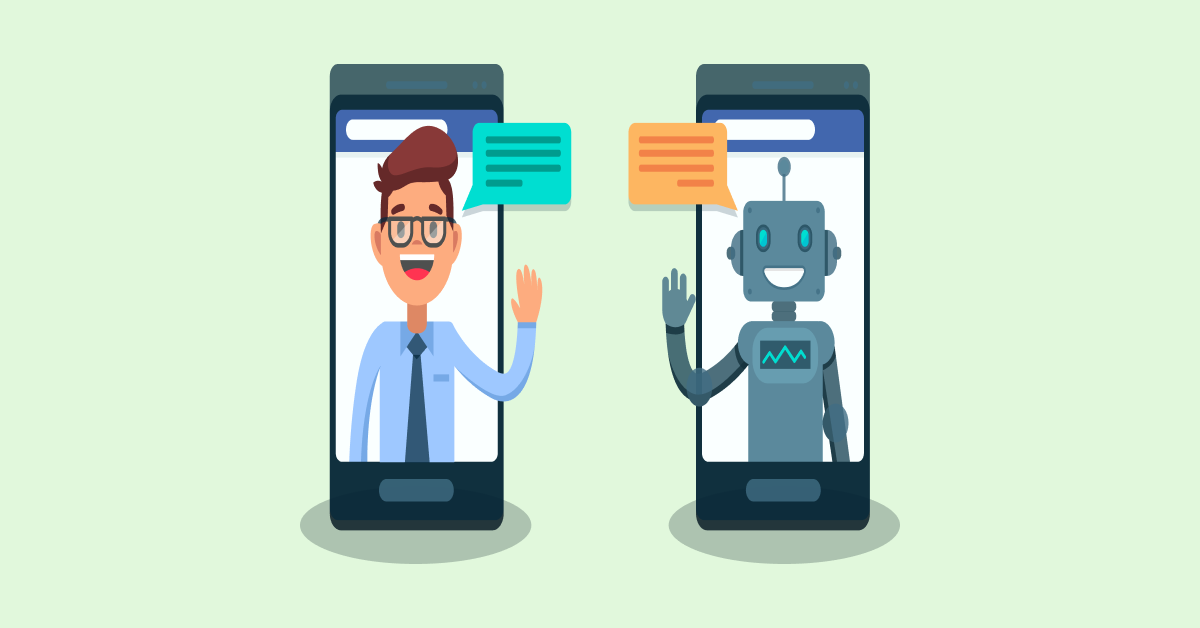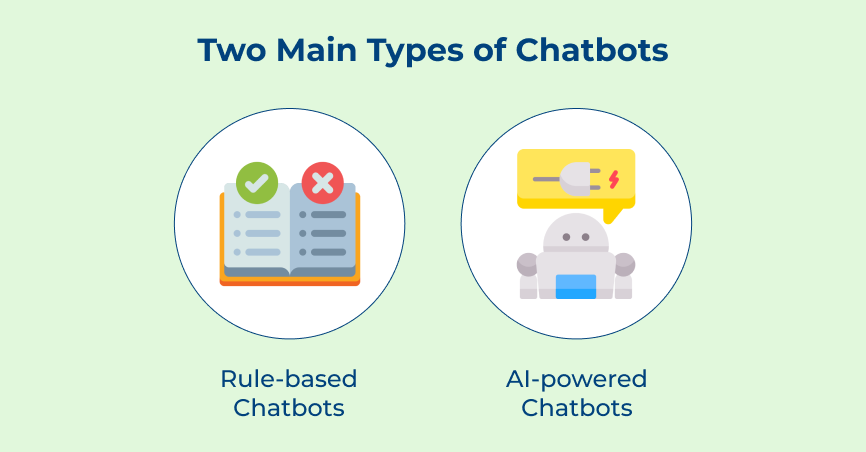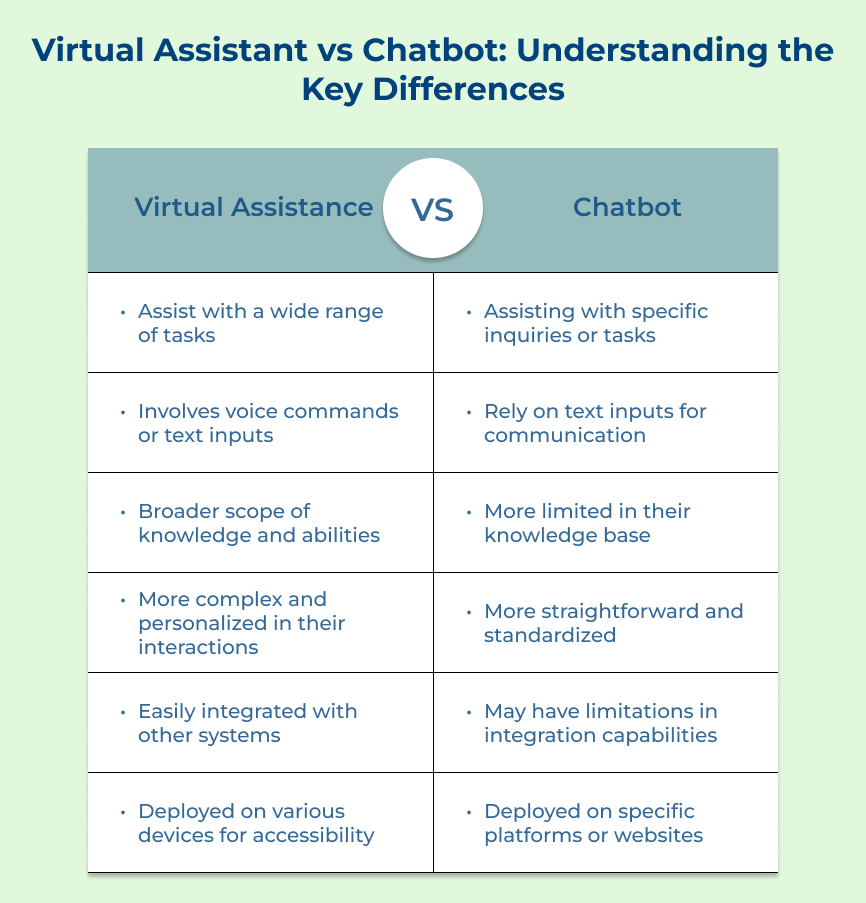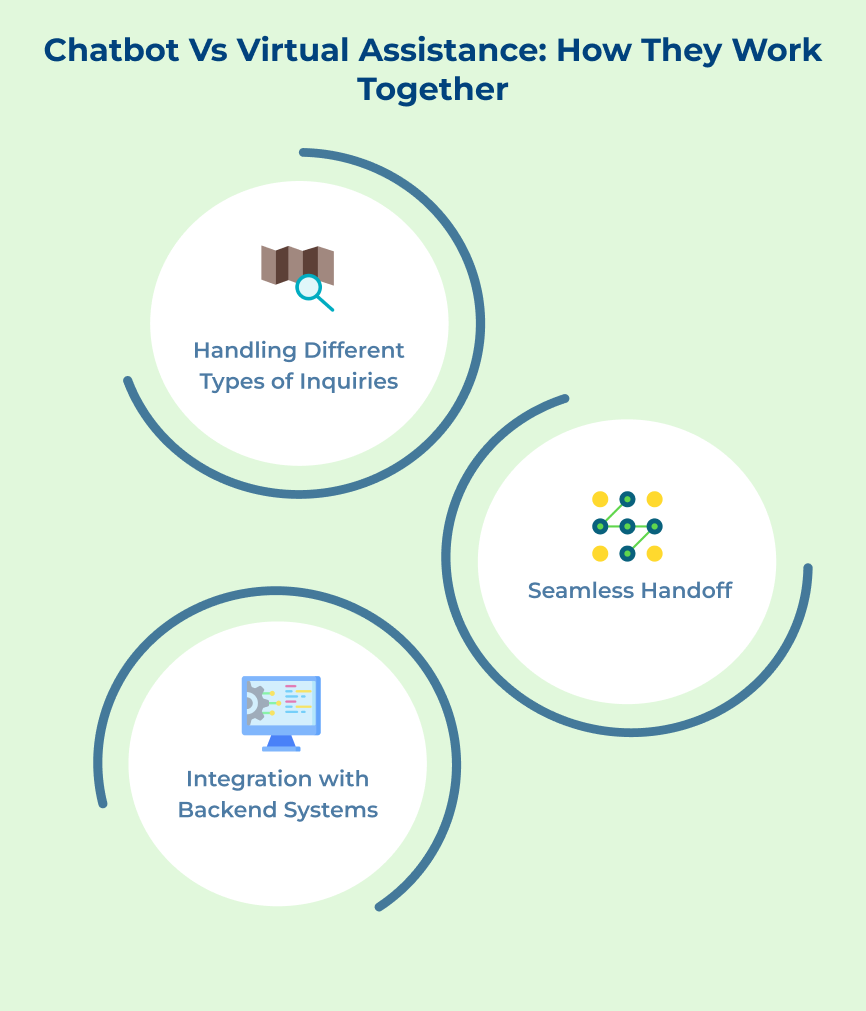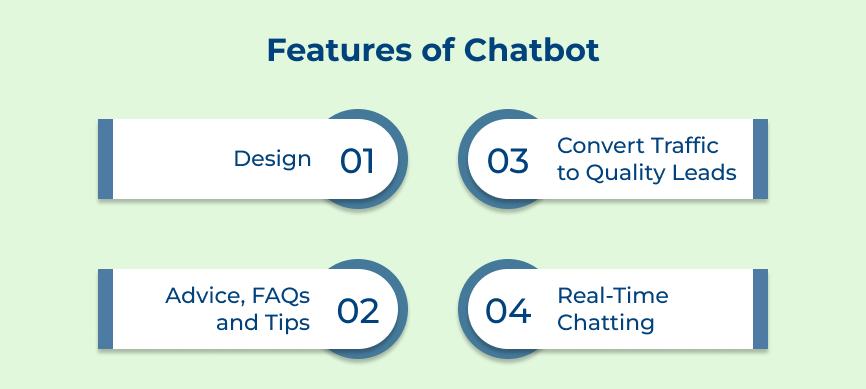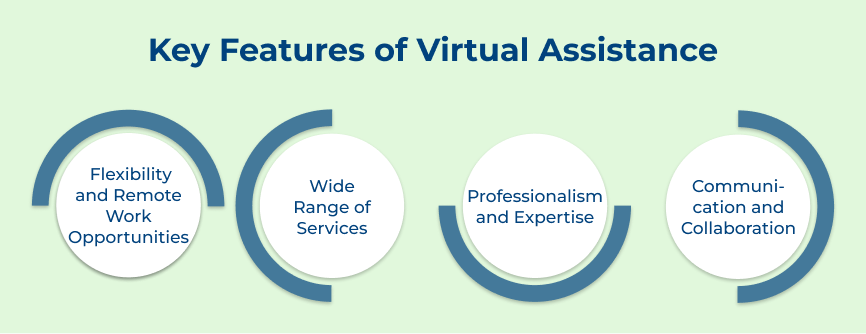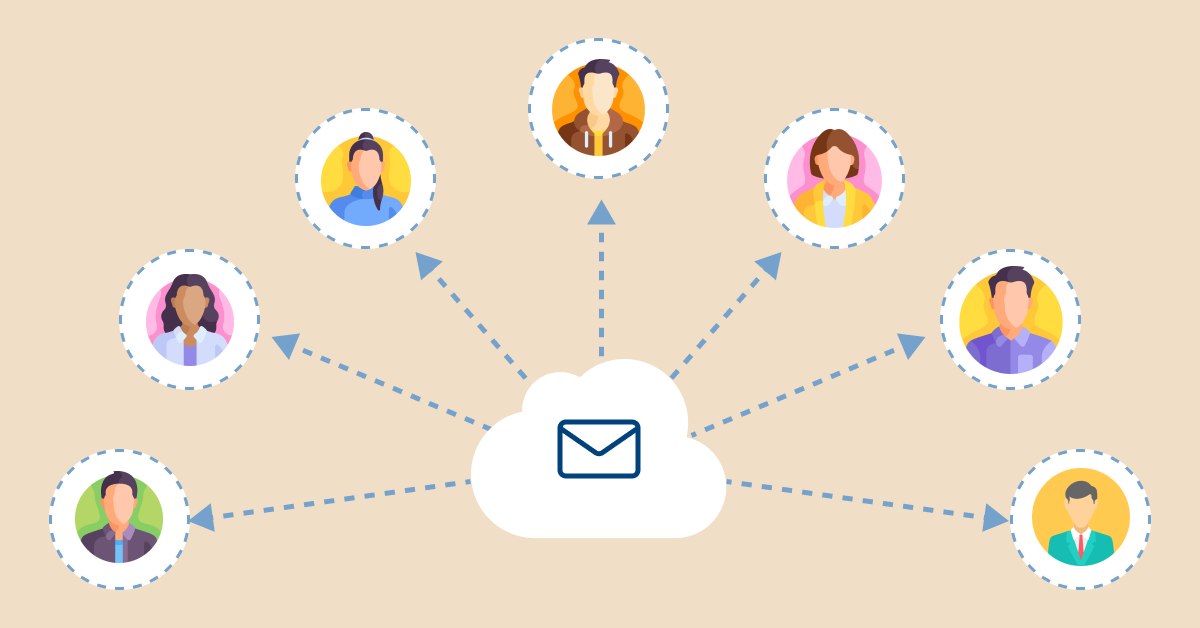Two main types of chatbots:
- Rule-based chatbots: Follow a predefined set of rules and responses, providing information based on specific keywords or phrases. They are limited in their capabilities and can only provide predetermined answers.
- AI-powered chatbots: Use machine learning algorithms to understand and learn from user interactions. They can provide more personalized and intelligent responses, adapting their behavior based on user input.
What is a Virtual Assistant?
A Virtual Assistant (VA) refers to a software-based application or program designed to understand, respond to and perform tasks based on user input through text, voice, or other interfaces. It combines artificial intelligence, natural language processing and machine learning technologies to provide assistance across various domains.
Virtual Assistants work by processing user inputs through several steps. Initially they use natural language processing to understand the user’s intent and extract key information from queries. Then they access their knowledge base or connected services to formulate appropriate responses. At last, they generate human-like responses or execute requested actions, learning from interactions to improve future performance.
Five key factors that contribute to the success of virtual assistants:
- Effective communication plays a crucial role in understanding client needs and providing prompt responses.
- Time management skills are essential to ensure timely delivery of tasks and meeting deadlines.
- Adaptability is important as virtual assistants often work with clients from various industries and may need to quickly learn new tools or systems.
- Building trust is another crucial factor, as clients need to feel confident in the virtual assistant’s abilities and confidentiality.
- Staying updated with industry trends and technologies is necessary to remain competitive in the virtual assistant field.
Benefits of Chatbots And Virtual Assistants
Check out the remarkable benefits that chatbots and virtual assistants bring to the table to understand how they can enhance user experience with operational productivity.
A. Chatbots
Chatbots are revolutionizing the way businesses interact with their customers. If you’re wondering how chatbots can benefit the business, here are some key advantages to consider:
1. Enhanced customer service
Chatbots are available 24/7, allowing businesses to provide round-the-clock support to their customers. Customers no longer have to wait for office hours to get their queries answered or issues resolved. Chatbots can provide instant responses, ensuring a seamless and efficient customer experience.
2. Cost savings
Implementing chatbots can significantly reduce operational costs for businesses. Companies can minimize the need for human resources, resulting in reduced staffing requirements by automating customer support processes. Chatbots can handle a large volume of inquiries simultaneously. Businesses that use chatbots save an average of $300,000 per year.
3. Personalized customer experience
Advanced chatbot technology allows businesses to gather customer data and personalize interactions accordingly. Analyzing purchase histories enables chatbots to provide tailored recommendations and personalized offers to customers. The personalized approach enhances customer engagement and promotes long-term relationships.
4. Increased sales and lead generation
Chatbots can play a crucial role in lead generation and sales conversion. Chatbots can collect valuable information about their preferences, needs and pain points by engaging customers in personalized conversations. The data can then be used to recommend relevant products or services, increasing the chances of conversions and upsells.
B. Virtual Assistance
Let’s take a closer look at some of the key benefits of virtual assistance for business.
1. Increased flexibility
Virtual assistants offer businesses the flexibility to access their services whenever needed. Since they work remotely, there are no geographical limitations. It allows companies to hire virtual assistants from different time zones or regions. The flexibility ensures that tasks can be completed promptly, even outside regular working hours.
2. Expertise and specialization
Virtual assistants often have specialized expertise in various areas like digital marketing, content creation, graphic design, bookkeeping, customer service and more. Hiring a virtual assistant allows businesses to access specialized skills without the need for extensive training or hiring additional staff.
3. Time savings
Delegating time-consuming tasks to virtual assistants allows business owners and employees to focus on high-priority tasks that require their expertise. It frees up valuable time for individuals to concentrate on strategic planning, business development and client interactions. Virtual Assistants assist companies in saving over 70% of their costs.
4. Work-Life balance
Outsourcing tasks to virtual assistants allows business owners and employees to have a better work-life balance. Virtual assistants can handle time-consuming and stressful tasks, reducing workload. The balance leads to increased job satisfaction, improved mental well-being and better overall productivity.
Virtual Assistant vs Chatbot: Understanding the Differences
Check out the key differences between virtual assistants and chatbots, empowering you to make an informed decision that aligns with your goals.
